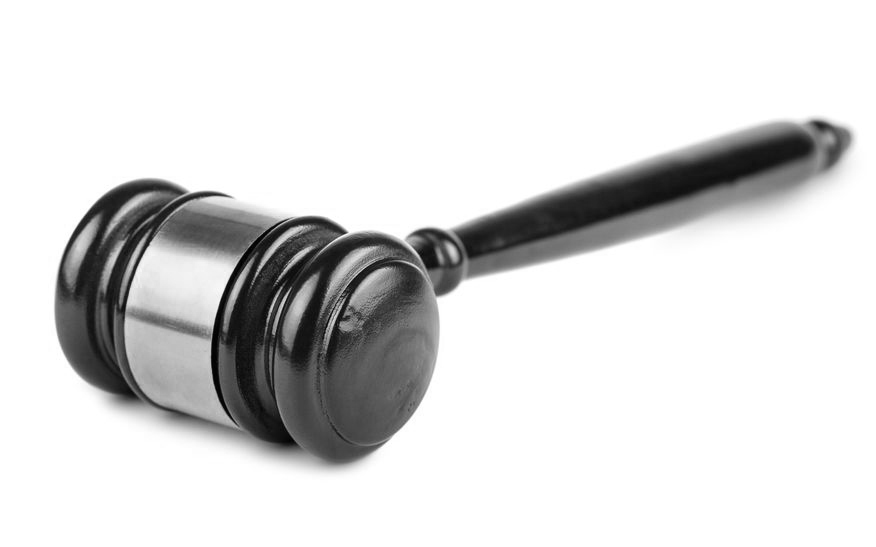Overview
 Faced with mounting pressure to ensure citizens not only receive, but retain and utilize, their federal “stimulus” checks, on April 14, 2020, Illinois Governor J.B. Pritzker signed an Executive Order prohibiting certain types of collection activity by creditors. The Executive Order concerns three primary types of collection activities: (1) garnishments under 735 ILCS 5/12 – 705; (2) wage garnishments under 735 ILCS 5/12 – 805; and (3) citations to discover assets under 735 ILCS 5/12 – 1402. Collection activity under any of these statutes can create liens in and to assets of the debtor and make it difficult, if not impossible, for those debtors to access their assets, including the cash in their bank accounts. For debtors with existing liens on their bank accounts, the automatic deposit of funds from the federal relief efforts is resulting in the automatic attachment of the pre-existing lien to those funds and the inaccessibility of those funds to the debtor. On the other hand, realizing that their obligors would or could soon see an infusion of cash into their bank accounts, creditors could initiate any of these proceedings to freeze those deposits, once again making the funds inaccessible to the debtor.
Faced with mounting pressure to ensure citizens not only receive, but retain and utilize, their federal “stimulus” checks, on April 14, 2020, Illinois Governor J.B. Pritzker signed an Executive Order prohibiting certain types of collection activity by creditors. The Executive Order concerns three primary types of collection activities: (1) garnishments under 735 ILCS 5/12 – 705; (2) wage garnishments under 735 ILCS 5/12 – 805; and (3) citations to discover assets under 735 ILCS 5/12 – 1402. Collection activity under any of these statutes can create liens in and to assets of the debtor and make it difficult, if not impossible, for those debtors to access their assets, including the cash in their bank accounts. For debtors with existing liens on their bank accounts, the automatic deposit of funds from the federal relief efforts is resulting in the automatic attachment of the pre-existing lien to those funds and the inaccessibility of those funds to the debtor. On the other hand, realizing that their obligors would or could soon see an infusion of cash into their bank accounts, creditors could initiate any of these proceedings to freeze those deposits, once again making the funds inaccessible to the debtor.
The Governor’s Executive Order cited a number of concerns surrounding the use of these enforcement mechanisms during the time of the COVID-19 pandemic. First, the Executive Order expressed concerns with a debtor’s ability (or lack thereof) to travel to court hearings to defend themselves against the collection activity. While the practice of law and the administration of the courts were declared essential services in Illinois, it doesn’t seem that the Governor meant to force individual citizens to come to court to defend themselves from these types of actions. In support of that belief, the Executive Order cites concerns with the potential frustrating effects of forcing individuals to travel to and attend court hearings, potentially with numerous other individuals, in the age of social distancing and stay-at-home orders. Finally, and perhaps most importantly, the Executive Order cites concerns with the general economic impact of the COVID-19 crises and the need to ensure individuals retain as much money as they can to pay for basics such as food, medicine, transportation and housing.
Creditors and debtors alike would be well served to pay close attention not only to this Executive Order but any new restrictions the State of Illinois imposes on collection activity as well as any COVID-19 related bans articulated in other states. While this Executive Order only deals with three specific collection statutes, the concerns it is meant to address could apply to almost any legal action to collect money due in this state. Other states have gone further than the Executive Order to prohibit such collection actions. States, including Illinois, may not be done restricting creditors’ rights to collect on their outstanding obligations. And this may be particularly true as Congress works through yet more legislation to get money directly into the hands of more Americans. The federal government may step in to bar such collections as well. Smart creditors won’t initiate such collection actions prior to checking for any and all such prohibitions and smart debtors should know their ability to avoid any such collection actions during the time of coronavirus.